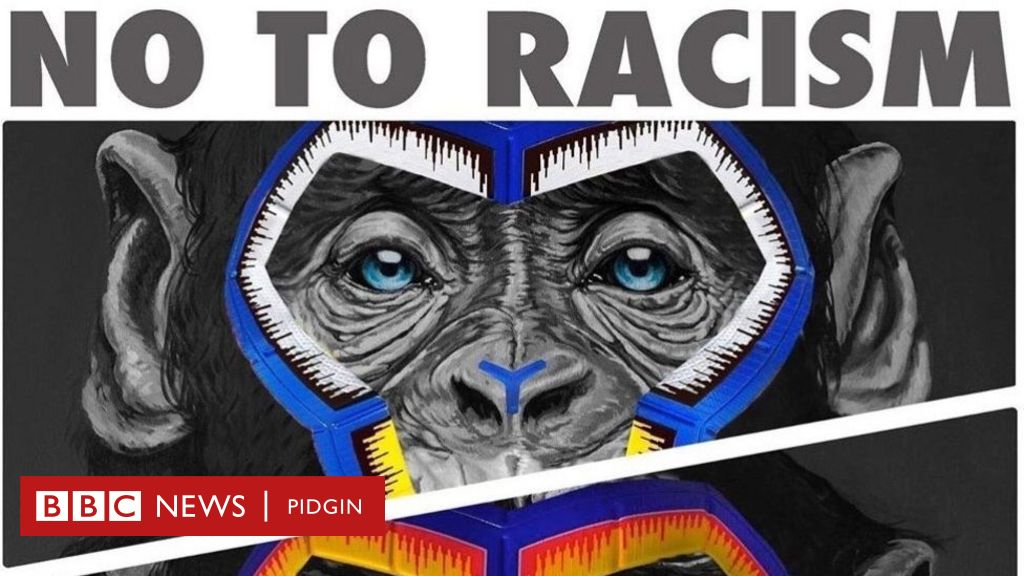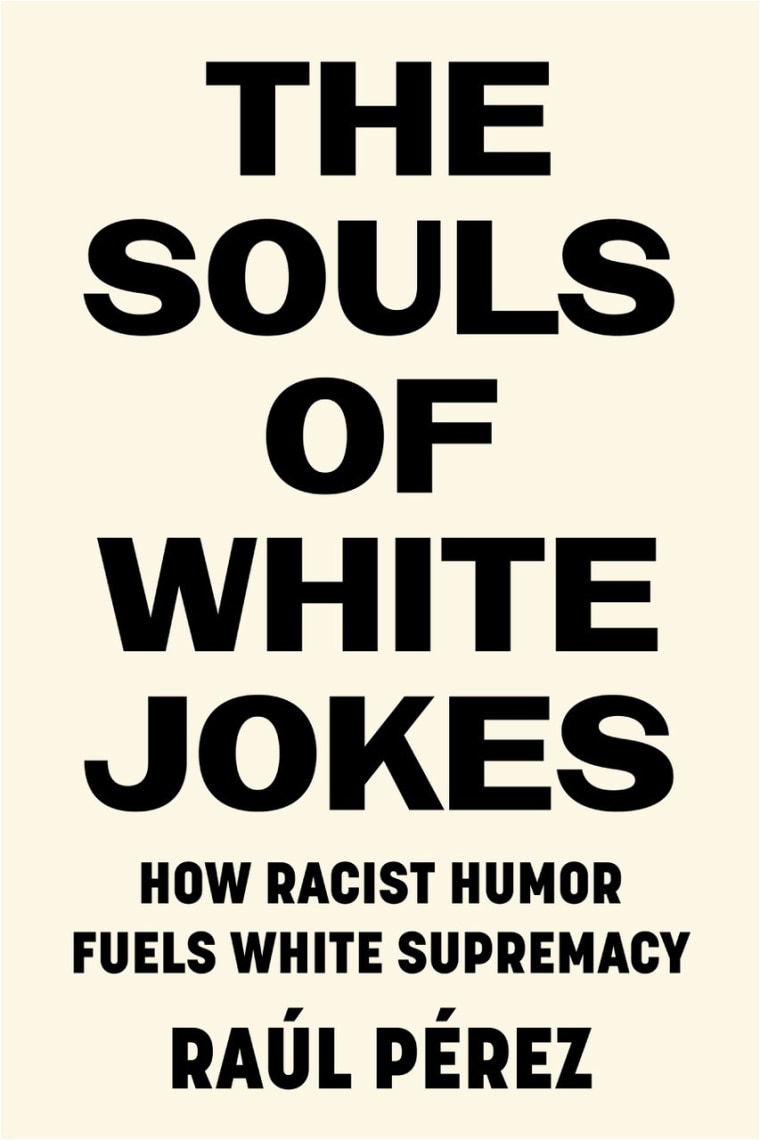Dark humor racist jokes have long been a controversial topic in the world of comedy and cultural discourse. They provoke strong reactions, spark heated debates, and often blur the line between what is acceptable and what is offensive. While some argue that these jokes challenge societal norms and expose uncomfortable truths, others believe they perpetuate harmful stereotypes and deepen divisions. In this article, we will explore the complexities surrounding dark humor racist jokes, their historical context, and the impact they have on society.
Humor, in all its forms, has the power to shape public opinion and influence cultural norms. However, when it comes to dark humor, especially those that touch on race and ethnicity, the stakes are higher. It is crucial to understand the nuances and implications of such jokes, as they can either bring people together or drive them apart.
This article aims to provide a comprehensive overview of dark humor racist jokes, their origins, and their role in modern society. By examining various perspectives, we hope to foster a deeper understanding of this controversial topic and encourage meaningful discussions about the boundaries of humor.
Read also:Aaron Mcgruder Wife Exploring The Life And Relationship Of The Renowned Cartoonist
What Are Dark Humor Racist Jokes?
Dark humor racist jokes refer to a genre of comedy that uses humor to address sensitive topics such as racism, discrimination, and prejudice. These jokes often rely on exaggerated stereotypes and provoke laughter through shock value. While some people find them amusing, others view them as offensive and harmful.
Characteristics of Dark Humor
Dark humor is known for its ability to tackle taboo subjects and challenge societal norms. Here are some key characteristics of dark humor racist jokes:
- Shock Value: They often rely on surprise and discomfort to elicit laughter.
- Satirical Intent: Some argue that these jokes aim to critique societal issues through satire.
- Controversial Nature: They frequently spark debates about free speech and censorship.
The Historical Context of Dark Humor Racist Jokes
Throughout history, humor has been used as both a tool for oppression and a weapon against it. Dark humor racist jokes have roots in various cultural traditions, often reflecting the social and political climates of their time.
Evolution of Racist Humor
From minstrel shows in the 19th century to modern stand-up comedy, racist humor has undergone significant transformations. Here's a brief overview:
- Minstrel Shows: Popularized in the 1800s, these performances featured white actors in blackface, perpetuating harmful stereotypes.
- Modern Comedy: Today, comedians often use dark humor to challenge racial prejudices and spark conversations about inequality.
Why Do People Find Dark Humor Racist Jokes Funny?
The psychology behind laughter is complex, and it plays a significant role in why some people find dark humor racist jokes amusing. Here are a few reasons:
- Relief Theory: Laughter can serve as a release valve for tension and anxiety.
- Superiority Theory: Some people laugh at others' misfortunes to feel superior.
- Incongruity Theory: Jokes that defy expectations can create a sense of surprise and humor.
The Impact of Dark Humor Racist Jokes on Society
While dark humor racist jokes may seem harmless to some, they can have lasting effects on individuals and communities. Here are some potential impacts:
Read also:Candy Manson Death Unveiling The Truth Behind The Tragic Story
Positive Effects
- Encouraging Dialogue: These jokes can open doors for discussions about race and discrimination.
- Challenging Stereotypes: When used effectively, they can expose and challenge harmful biases.
Negative Effects
- Perpetuating Stereotypes: Improper use of humor can reinforce harmful beliefs about certain groups.
- Causing Emotional Harm: Racist jokes can hurt individuals who belong to marginalized communities.
When Does Dark Humor Cross the Line?
Defining the boundaries of acceptable humor is a challenging task, as it varies depending on cultural, social, and individual factors. Here are some considerations:
- Intent: Is the joke meant to harm or educate?
- Context: Where and how is the joke being told?
- Audience Reaction: How do people respond to the joke?
Legal and Ethical Implications of Dark Humor Racist Jokes
In many countries, freedom of speech is protected, but it is not absolute. Racist jokes can sometimes lead to legal consequences, especially if they incite violence or hatred. Ethically, comedians and content creators must weigh the potential harm against the benefits of their humor.
Freedom of Speech vs. Censorship
Striking a balance between free expression and censorship is a delicate matter. While some argue that all forms of humor should be allowed, others believe that certain limits are necessary to protect vulnerable groups.
Cultural Differences in Humor
What is considered funny in one culture may be offensive in another. Cultural context plays a crucial role in how dark humor racist jokes are perceived and received. Understanding these differences is essential for fostering cross-cultural communication and respect.
Examples of Cultural Humor
Here are a few examples of how humor varies across cultures:
- Western Humor: Often relies on sarcasm and irony.
- Eastern Humor: Tends to focus on wordplay and situational comedy.
Famous Comedians and Their Use of Dark Humor
Many renowned comedians have incorporated dark humor into their routines, sparking both admiration and controversy. Here are a few notable examples:
Richard Pryor
Richard Pryor was known for his fearless exploration of racial issues in comedy. His work often challenged societal norms and brought attention to systemic racism.
Dave Chappelle
As a modern-day pioneer in dark humor, Dave Chappelle continues to push boundaries with his comedic style. His jokes about race and identity have sparked both praise and criticism.
How to Approach Dark Humor Responsibly
For those who wish to engage with dark humor, it is important to do so responsibly. Here are some tips:
- Be Mindful of Your Audience: Consider the context and the people you are addressing.
- Reflect on Intent: Ask yourself why you are telling the joke and what message it conveys.
- Listen to Feedback: Be open to criticism and willing to learn from others' perspectives.
Conclusion
Dark humor racist jokes remain a contentious subject in the world of comedy. While they have the potential to challenge societal norms and spark meaningful conversations, they can also perpetuate harmful stereotypes and cause emotional harm. Understanding the complexities of this genre is essential for fostering a more inclusive and respectful society.
We invite you to share your thoughts and experiences in the comments below. Do you believe that dark humor can be a force for good, or do you think it should be avoided altogether? Let's continue the conversation and learn from one another.
Table of Contents
- What Are Dark Humor Racist Jokes?
- The Historical Context of Dark Humor Racist Jokes
- Why Do People Find Dark Humor Racist Jokes Funny?
- The Impact of Dark Humor Racist Jokes on Society
- When Does Dark Humor Cross the Line?
- Legal and Ethical Implications of Dark Humor Racist Jokes
- Cultural Differences in Humor
- Famous Comedians and Their Use of Dark Humor
- How to Approach Dark Humor Responsibly
- Conclusion
Data and insights for this article are drawn from reputable sources such as academic journals, historical records, and expert analyses. For further reading, consider exploring works by scholars in the fields of psychology, sociology, and cultural studies.



